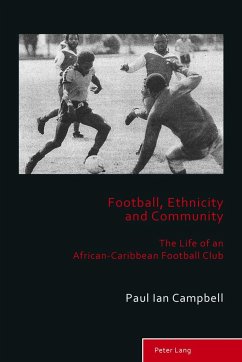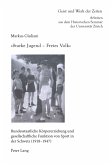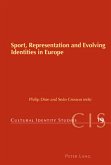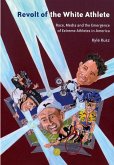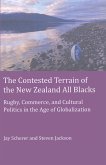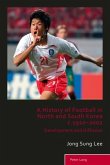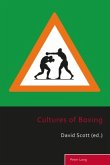Winner of the British Sociological Association Philip Abrams Memorial Prize 2017
This book is a case study of an African-Caribbean-founded football club, Meadebrook Cavaliers, from the English East Midlands. Covering the years 1970 to 2010, it seeks to address the paucity of research on the British African-Caribbean male experience in leisure and sport as well as on the relationship between «race» and local-level football. The development of the club was intimately connected to wider changes in the social and sporting terrain. Based on a mix of archival and ethnographic research, the book examines the club's growth over four decades, exploring the attitudes, social realities and identity politics of its African-Caribbean membership and the varying demands and expectations of the wider black community. In doing so, it shows how studies of minority ethnic and local football clubs can shed light on the changing social identities and cultural dynamics of the communities that constitute them.
This book is a case study of an African-Caribbean-founded football club, Meadebrook Cavaliers, from the English East Midlands. Covering the years 1970 to 2010, it seeks to address the paucity of research on the British African-Caribbean male experience in leisure and sport as well as on the relationship between «race» and local-level football. The development of the club was intimately connected to wider changes in the social and sporting terrain. Based on a mix of archival and ethnographic research, the book examines the club's growth over four decades, exploring the attitudes, social realities and identity politics of its African-Caribbean membership and the varying demands and expectations of the wider black community. In doing so, it shows how studies of minority ethnic and local football clubs can shed light on the changing social identities and cultural dynamics of the communities that constitute them.

